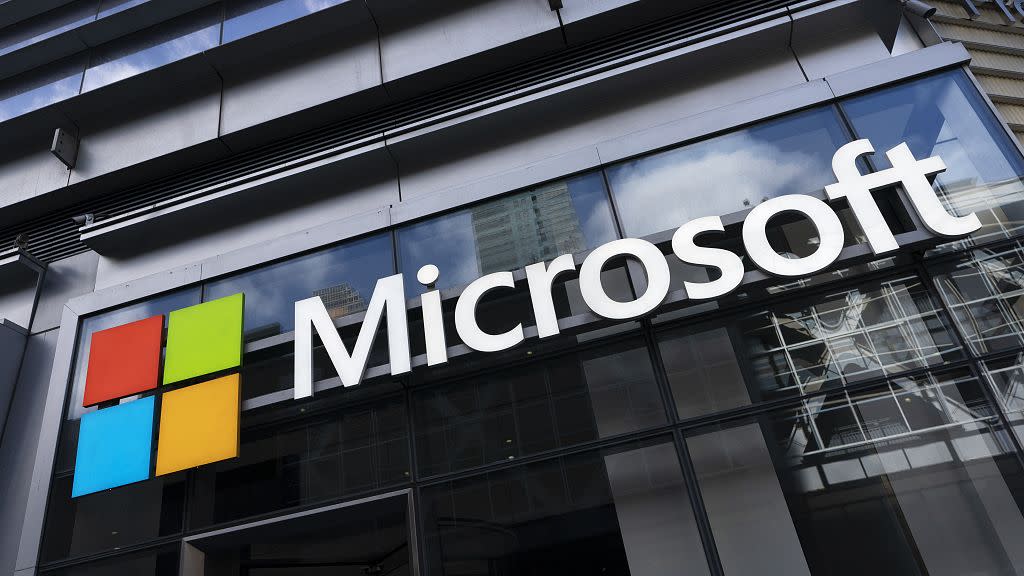Microsoft urged to answer EU questions on Generative AI

Microsoft has been urged to provide more information about the generative AI features of its search engine Bing, the European Commission said today (17 May).
The legally binding request for information, which comes after the Commission sent earlier questions to the tech giant, asks for more details regarding specific risks related to the features “Copilot in Bing” and “Image Creator by Designer”.
The EU executive suspects that Bing may have breached the EU’s Digital Services Act (DSA) with it’s generative AI tools such as so-called ‘hallucinations', the viral dissemination of deepfakes, and the automated manipulation of services that can mislead voters, the Commission statement said.
Microsoft has until 27 May to answer today’s request. If it fails to reply within the deadline, the Commission could impose fines up to 1% of the company’s total annual income or worldwide turnover and periodic penalties up to 5% of the provider's average daily income or worldwide annual turnover.
A Microsoft spokesperson said that the company is "deeply committed" to creating safe experiences online and working with regulators on this topic.
"We have been fully cooperating with the Commission as part of the voluntary request for information and remain committed to responding to their questions and sharing more about our approach to digital safety and compliance with the DSA," the spokesperson said, adding that they take measures to mitigate potential risk including 2024 election tools.
Elections
Generative AI is one of the risks identified by the Commission in its guidelines on the integrity of electoral processes under the DSA – the stringent online platform rules that entered into force in February – in particular for the June European Parliament elections.
Besides Bing, the Commission in March sent formal requests for information under the DSA about the use of Gen AI tools Google Search, Facebook, Instagram, Snapchat, TikTok, YouTube, and X.
The questions come as two more formal proceedings under the DSA were opened only yesterday (16 May). Meta’s Facebook and Instagram are being probed to check whether their measures to protect minors online are compliant with the platform rules.
Meta is also being investigated on suspicion of failing to tackle disinformation online.
This piece has been updated with a comment from Microsoft, and following an update in the Commission statement to clarify that it's a second round of questions.

